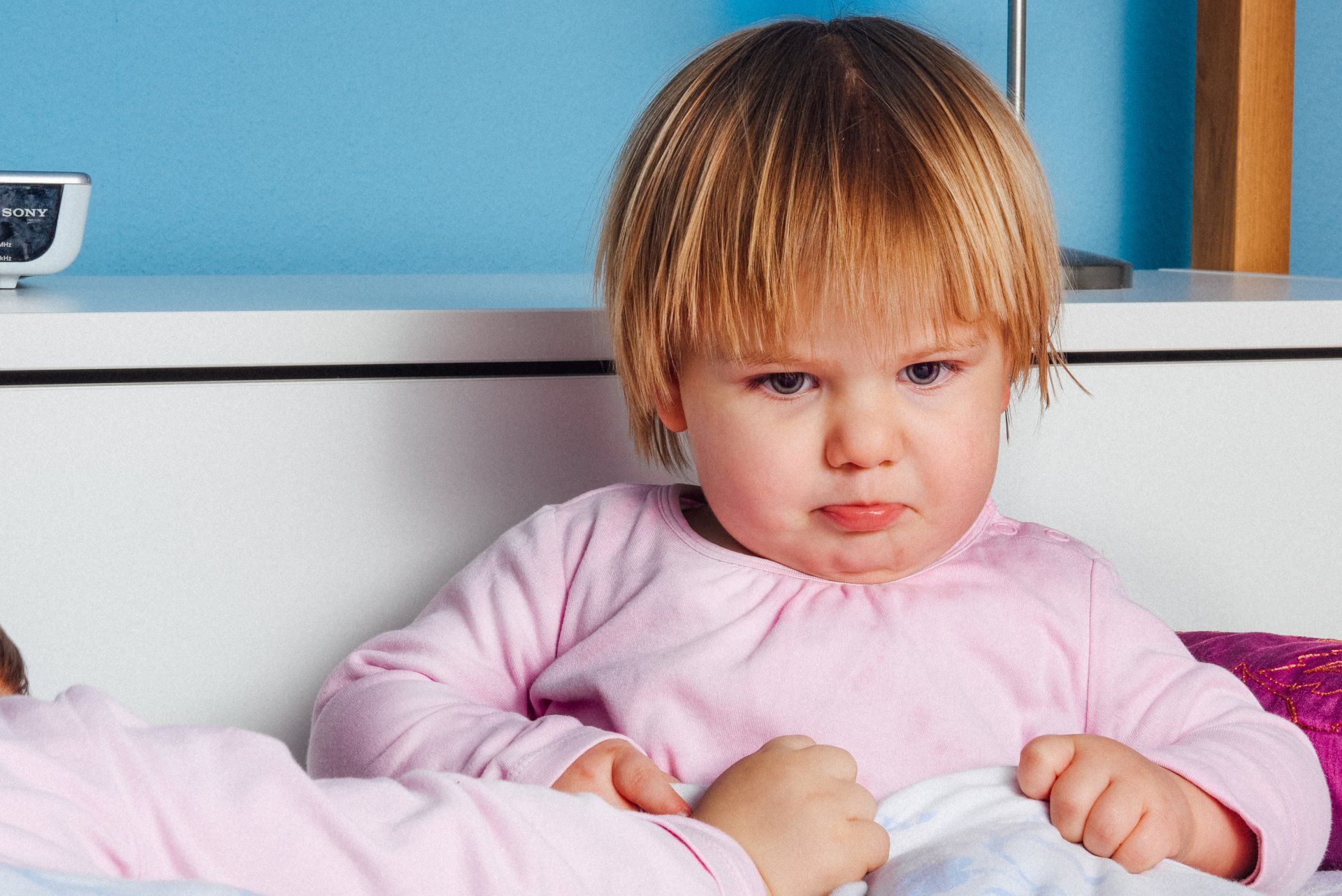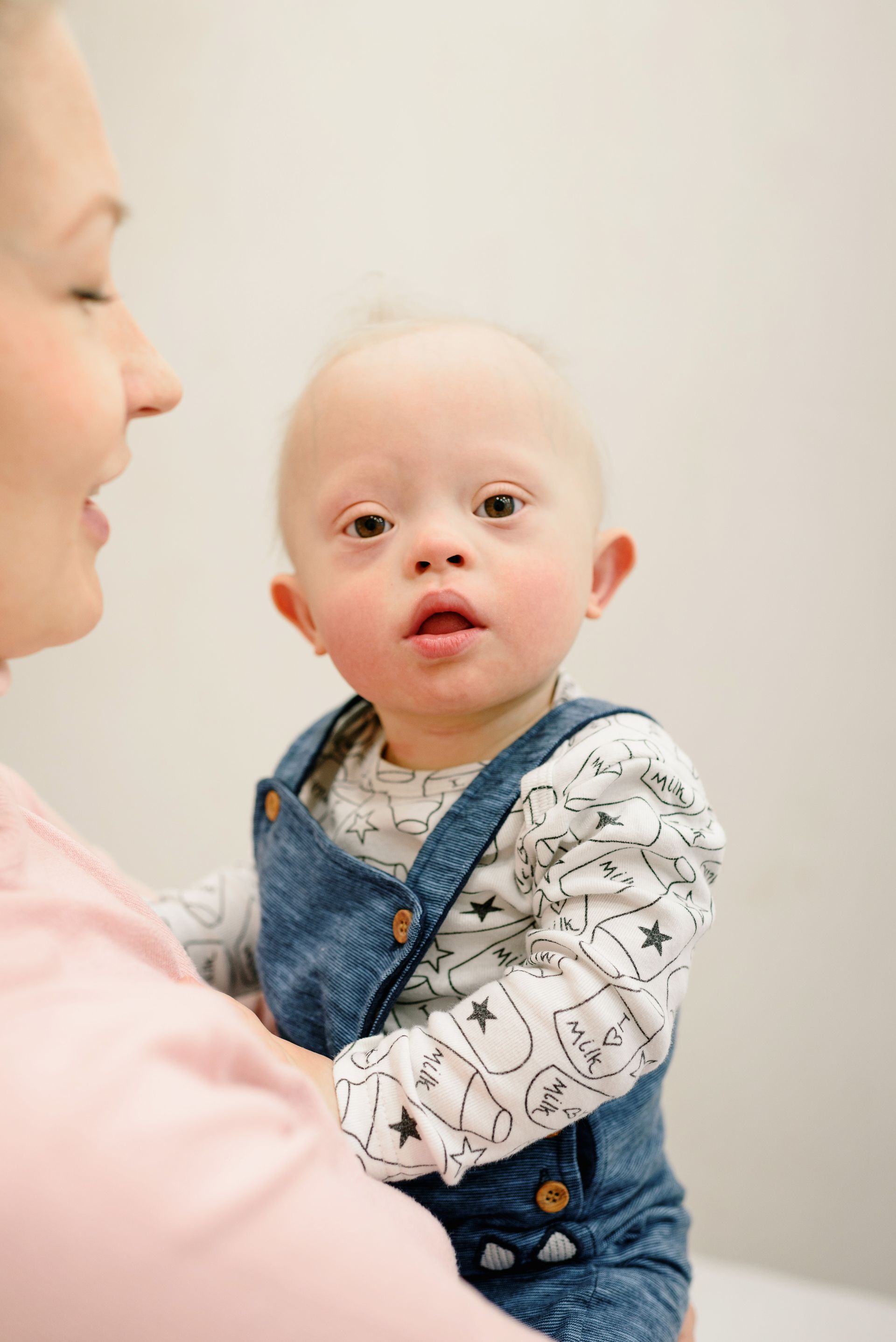The Angry Child - How to Deal With Them
Is There An Underlying Cause?
By R. Harvey

A book by child psychologist Dr. Timothy Murphy, entitled "The Angry Child: Regaining Control When Your Child is Out of Control" points out that some anger and some outbursts are normal in all children. This article will address the angry pre-adolescent or teenager.
When, and how, did everything change? One day your normally sunny, cooperative, pleasant child, who rarely had an angry outburst, turns into someone you hardly know-someone who seems to go out of his or her way to be angry. Now you're dealing with angry outbursts and nasty battles over every little thing. And not just angry outbursts, but really ugly ones that frustrate you so that you say things you shouldn't, and all parties are left wounded and fearful of the next battle.
Dealing with the angry child can be a real challenge. You feel held hostage to your teen's anger, defiance, and outbursts. You're embarrassed and angry, and even intimidated so that you shrink from saying or doing what you know you should, just to avoid the next blowup.
Something is awfully, terribly wrong, and it's tearing you, your child, and the whole family into painful little pieces. You're the adult, and you know you need to figure out what's going on, and how to cope with it and repair it.
But how do you do that? How do you get to the bottom of it when your angry, defiant child thinks you don't understand anything, and when he won't open up. You attempt to relate, but you get nothing. You're afraid that if you don't get things turned around, your angry, defiant child may turn into an angry, defiant adult-unhappy, aggressive, and maybe even in trouble with the law.
First of all, you need to get an understanding of exactly what the issues are. What are the specific events that trigger the upset and anger? What is your response, and how does it make the situation worse, or better? What underlies the anger, rage and defiance? Anger is usually a response to frustration, feelings of rejection, sadness, low self-esteem, or fear, so which of those factors are present, and how can you help your child deal with them?
Other common factors underlying the angry child are ADHD, learning disabilities, depression, or situations with peers which he or she doesn't know how to deal with.
There are lots of books and tapes and programs dealing with all this. You might be able to learn enough on your own to analyze things yourself. You'll probably do better to get a child psychologist to do a thorough evaluation, though. Your teen is likely to be more willing to tell a third party more about what's going on. Also, the psychologist is probably better able than you are of understanding the meaning of feelings, behaviors and events.
Anger tends to beget anger, so a parent of an angry child needs to look at his or her own behavior when the child's anger erupts. Do you blow up yourself? You can't demand that your child express his anger appropriately if you, his role model, can't control your own anger. Anger and lack of self-control in a parent is extremely frightening to children, even older ones, so if you can't stay calm in the face of your child's outbursts, it's important that you deal with this, and learn to do so, or it's unlikely that you'll have much success with the other tools and techniques you learn.
Once you do have a clear understanding of the whole situation, including how your own behavior plays into it, you can determine an optimum approach and the techniques necessary to deal with your angry child.
There are many tools and programs available:
1. There are dozens of books available in the library or at the bookstore. There are lots of downloadable books available on the web.
2. If depression or ADHD is present, counseling and/or medication can be helpful. Standalone individual counseling isn't usually very effective, though it can be when it's accompanied by other approaches. Family counseling is usually more effective. Even if your child isn't cooperative, you'll pick up some things.
3. A technique called "Parent Management Training" seems to be the most helpful approach in most cases. One of the things that these programs teach parents is how to reinforce positive behavior and extinguish negative behavior.
4. In extreme cases, a therapeutic or residential boarding school can be a lifesaver. A boarding school provides structure and discipline, and usually focuses on dealing with the underlying causes of the anger, rather than just the anger itself. Dealing with causes is much more effective than dealing with symptoms.
You should remember that there actually is hope. Most angry, defiant teens do survive this phase, and they go on to mature into productive and responsible, law-abiding adults. You'll probably be able to have a good relationship with your child, and know that those difficult years were simply a developmental phase which you assisted him to get through.
Bob Harvey enjoys writing on health and family issues, and also enjoys uncovering existing resources and helping give them wider distribution. For more information
this page has an interesting approach.
Article Source: http://EzineArticles.com/3345132
Share










